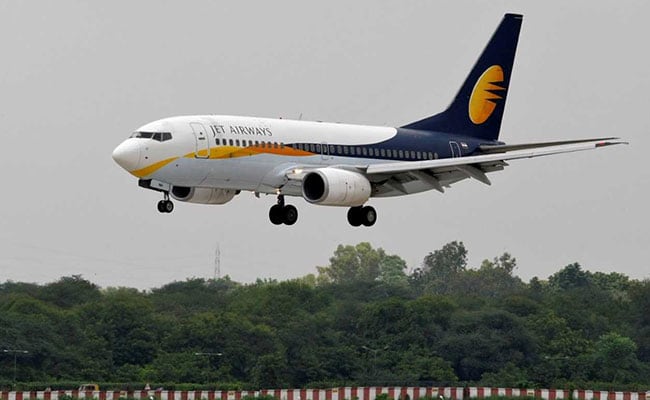The Jet Airways crisis has drawn first blood. One employee of the airline, it is suspected, ended his life as a result of mounting pressure from the non-receipt of salaries for the past many months and his own medical condition. Shailesh Kumar Singh was a senior technician with the ground support department of Jet Airways. He was suffering from cancer for the past three years and was brought back from hospital in the evening Friday. The father of four (one of his four children also an employee with Jet) is reported to have jumped off the terrace of the four-storeyed building he lived in at Nalasopara in Maharashtra’s Palghar district. Singh is among the more than 22,000 people whose salaries are pending with the airline that has gone bust.
The crisis at Jet airways is not just about the winding down or reorganization of a firm. It is a humanitarian one, too, given the number of persons and families it portends to unsettle and maybe damage irreversibly. There is no doubt that the employees of the company are stakeholders in its fortunes. And also to be noted is that due to a terrible work culture nourished and encouraged in this country over decades, employees too never give their best to the company that they work in. This results in over employment and under performance of all enterprises across the length and breadth of this subcontinent. They merely fulfil their roles in the organisation, betting on the better judgement of those at the helm. Jet had in the past 11 years of its operations recorded losses in all but two years. Its net debt had mounted to Rs 72.99 billion. With lenders initiating proceedings to take over the airline and to find a fresh operator, it is clear that mistakes at both the levels where decisions were being made and the below par employees performance have cost the airline dear. The Jet crisis is a sordid saga of mismanagement with drastic repercussions aided by external factors that the company could have in no way controlled even if they were foreseen. Recently the CEO of the company Vinay Dube wrote to employees that lenders have not made any assurance with regard to the settlement of salary dues or the release of emergency funds for the purpose. It appears the matter would be taken up for consideration only after the stake sale process is completed. Until then, employees who were dependent on the company salaries and were running its operations even without pay will have to wait at their own peril. At a time when there is much talk about reforming labour laws and easing things for the seeding of businesses, the travails of workers who are deprived of their livelihood should come as an eye-opener. Indian entrepreneurs expect their employees to deliver results on par with those of developed nations such as the US. However, employees in this country are simply unwilling to go that extra mile to create an atmosphere of efficiency. The plentiful availability of labour gives many an impression that labour is cheap in India. In reality, that is not the case. High level of inefficiency and unwillingness to work proves fatal to many enterprises in India. Plus, when an experienced employee quits, the investment made in training by the entrepreneur goes down the drain.
The unavailability of jobs in the market has worsened the crisis. The indications of a downward trend of Indian business and industry, except a select few right at the apex, was clearly visible from 08 November 2016. Demonetisation, the bitter pill that most citizens thought would destroy the rich, actually smashed the foundations of economic prosperity built over decades in this country. The follow up with the Goods and Services Tax (GST) in quick succession further crippled the already weak base of India’s financial strength. Jet is a glaring example of both, poor and inept management coupled with a floundering national economy. Added to those are darker interests which appear to be at play behind the scenes vying for a chunk of the airline pie. Such interests can bleed not only that particular industry further and bring it crashing to the nation’s detriment but the economy in general is being toyed around by a handful of people.
No government with its economic programmes can create or has ever created a strong economic power of a nation. It is only entrepreneurship, drive and long term sacrifices that build a strong financial system. India needs a lot more care now to get back on even keel after the recent blows it has received. The crisis at Jet is not a one-off case.
